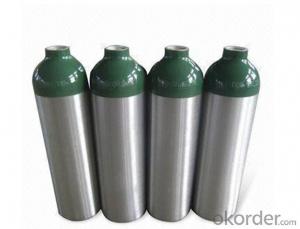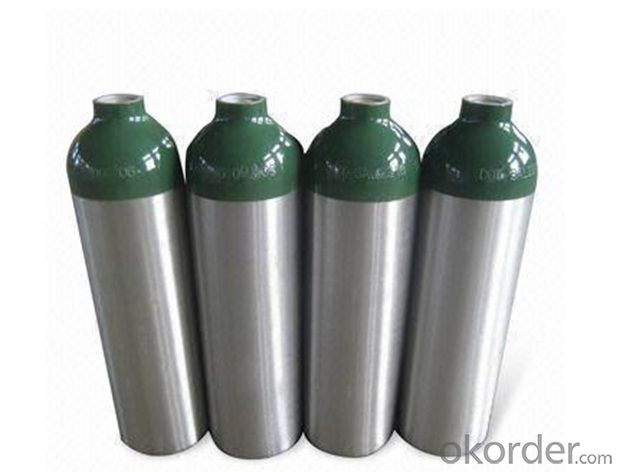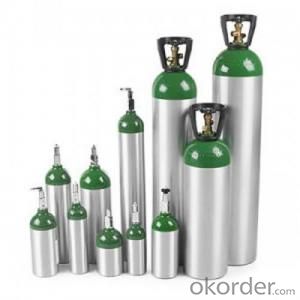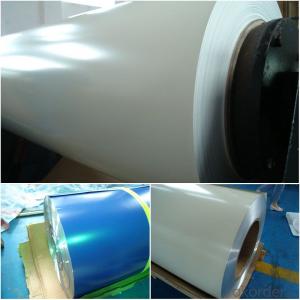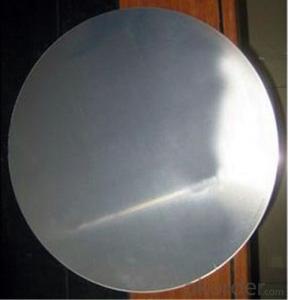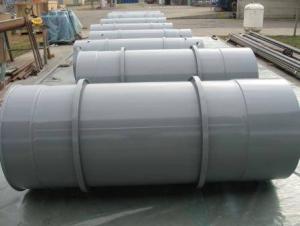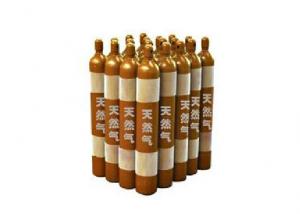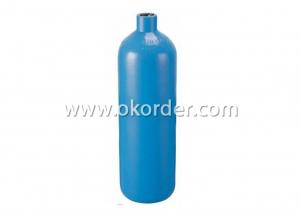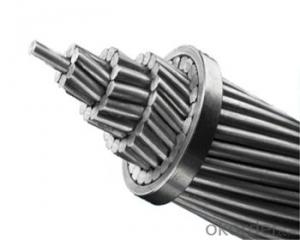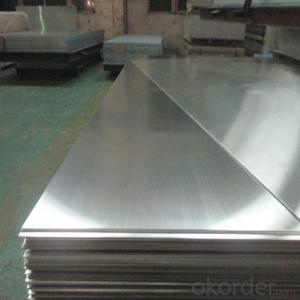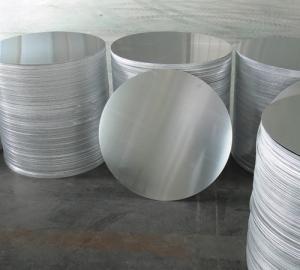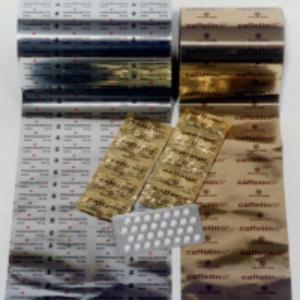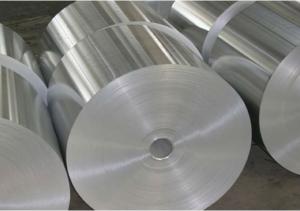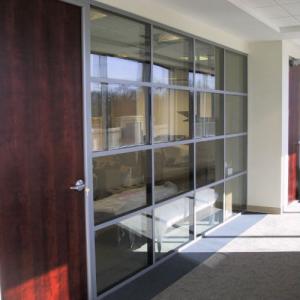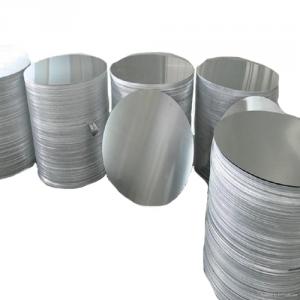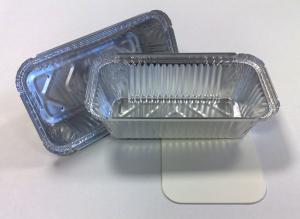Aluminum High Quality Aluminum Alloy Gas Cylinder
- Loading Port:
- Shanghai
- Payment Terms:
- TT or LC
- Min Order Qty:
- 50 m.t.
- Supply Capability:
- 5000 m.t./month
OKorder Service Pledge
OKorder Financial Service
You Might Also Like
1. Description of High Quality High Quality Aluminum Alloy Gas Cylinder
The Aluminum Alloy Gas Cylinder is made of superior quality aluminum alloy 6061 and manufactured through the procedures of punching, drawing, heat treatment, CNC flow forming spinning, anodic oxidation treatment to the inner surface, etc. It is used to be filled and refilled various kinds of gas, such as rare gases, high purity gases, standard gases, special gases, with a wide range of applications in the chemical industry, electronic industry, medical treatment, gas and coal mining fields, which is the ideal substitute for the steel cylinder. We also have the ability to design and produce the seamless aluminum alloy cylinders with special specifications and technical requirements. We have got the TPED certificate of CE certification for Seamless Aluminum Alloy Gas Cylinder
2. Specification and Size
| Order | Model | Outer Diameter mm | Volume L | Height mm | Weight kg | Working Pressure (MPA) | Designed Wall Thickness mm |
| 01 | LWT89-0.6-20 | 89 | 0.6 | 200 | 1.2 | 20 | 5.8 |
| 02 | LWT89-1-20 | 89 | 1 | 295 | 1.6 | ||
| 03 | LWT89-1.4-20 | 89 | 1.4 | 380 | 2 | ||
| 04 | LWT89-1-15 | 89 | 1 | 260 | 1.3 | 15 | 4.5 |
| 05 | LWT89-1.4-15 | 89 | 1.4 | 340 | 1.6 | ||
| 06 | LWT108-2-15 | 108 | 2 | 355 | 2.2 | 15 | 5.4 |
| 07 | LWT108-2.5-15 | 108 | 2.5 | 425 | 2.6 | ||
| 08 | LWT120-3-15 | 120 | 3 | 410 | 3.5 | 15 | 6 |
| 09 | LWT120-4-15 | 120 | 4 | 520 | 4.2 | ||
| 10 | LWT120-5-15 | 120 | 5 | 630 | 4.9 | ||
| 11 | LWT140-4-15 | 140 | 4 | 410 | 4.3 | 15 | 7 |
| 12 | LWT140-6.3-15 | 140 | 6.3 | 605 | 6.3 | ||
| 13 | LWT140-8-15 | 140 | 8 | 745 | 7.6 | ||
| 14 | LWT159-8-15 | 159 | 8 | 615 | 8.3 | 15 | 7.9 |
| 15 | LWT159-10-15 | 159 | 10 | 745 | 9.8 | ||
| 16 | LWT180-10-15 | 180 | 10 | 610 | 10.5 | 15 | 9 |
| 17 | LWT180-12-15 | 180 | 12 | 710 | 11.9 |
3. FAQ
A.How to guarantee the quality?
Customers are welcome to our mill to visit and check the products. Besides, we can arrange a third party to test the products.
B.When will you deliver the products?
The goods will be delivered within 35 days after receiving advanced payment or original L/C.
- Q: This question asks about the various uses of aluminum alloys within the construction industry.
- <p>Aluminum alloys are widely used in construction due to their strength, light weight, and corrosion resistance. Some applications include: 1) Structural framing for buildings and bridges, leveraging their high strength-to-weight ratio. 2) Window and door frames, benefiting from their durability and low maintenance. 3) Roofing materials, as they are lightweight and resistant to weathering. 4) Facade cladding, for aesthetic appeal and resistance to environmental damage. 5) Electrical wiring and conduits, due to their excellent electrical conductivity and safety. 6) Scaffolding, as they are lightweight and easy to assemble. 7) Solar panel frames, taking advantage of their lightweight and recyclable properties. These applications highlight aluminum alloys' versatility and importance in modern construction.</p>
- Q: Is it possible to utilize recycled aluminum in the production of new products more efficiently than current methods?
- <p>Yes, recycled aluminum can be used more effectively in new products than before. Advances in recycling technology have made it easier to purify and refine aluminum from various sources, including post-consumer waste. This not only conserves natural resources but also reduces energy consumption compared to mining and processing raw bauxite. Additionally, the circular economy approach promotes the design of products that are easier to disassemble and recycle, further enhancing the efficiency of using recycled aluminum in new products.</p>
- Q: This question asks about the process through which aluminum deteriorates over time due to environmental factors.
- <p>Aluminum corrodes through a process called oxidation. When exposed to air, aluminum reacts with oxygen to form a thin, protective layer of aluminum oxide on its surface. This layer prevents further corrosion. However, in the presence of moisture, acids, or other corrosive substances, the aluminum oxide layer can break down, leading to further oxidation and eventual pitting or thinning of the aluminum. The rate of corrosion can be influenced by factors such as temperature, humidity, and the presence of impurities in the aluminum. Proper protective measures, such as coatings or anodizing, can help prevent or slow down the corrosion process.</p>
- Q: Explain the impact of using recycled aluminum on the environment.
- <p>Using recycled aluminum significantly reduces our environmental footprint. It requires only 5% of the energy needed to produce new aluminum from raw materials, thus conserving energy. Additionally, recycling aluminum reduces greenhouse gas emissions by up to 95% compared to aluminum production from bauxite ore. This lowers air pollution and helps combat climate change. Moreover, recycling aluminum conserves natural resources and reduces the need for mining, which has its own set of environmental impacts, including habitat destruction and water pollution. Overall, recycling aluminum is a sustainable practice that benefits the environment by reducing energy consumption, emissions, and resource extraction.</p>
- Q: What precautions should be taken when handling or working with aluminum?
- <p>When working with aluminum, several safety measures should be taken: Wear appropriate personal protective equipment (PPE) such as gloves, safety glasses, and a dust mask to prevent inhalation of aluminum dust. Ensure proper ventilation to avoid the buildup of dust or fumes. Use tools and equipment designed for aluminum to prevent sparks or heat buildup, which can cause fires. Store aluminum in a dry place to prevent corrosion. Always follow the manufacturer's guidelines for handling and processing aluminum, and be aware of the specific hazards associated with the aluminum products you are working with.</p>
- Q: Can the recycling of aluminum be done in a closed loop system without any degradation in the material's quality?
- <p>Yes, aluminum can be recycled using a closed loop process without losing quality. Aluminum is infinitely recyclable, meaning it can be recycled over and over again without losing its properties. The recycling process involves melting the aluminum, which is much less energy-intensive than the original production from raw materials. This closed-loop recycling system helps maintain the quality of aluminum, making it an environmentally friendly and sustainable material.</p>
- Q: Is it possible to utilize aluminum in the manufacturing of tools and equipment?
- <p>Yes, aluminum can be used to make tools and equipment. It is valued for its lightweight, corrosion resistance, and high strength-to-weight ratio. Aluminum is commonly used in various applications such as aircraft manufacturing, automotive parts, and consumer electronics. It is also used in the construction of certain types of tools, particularly those that require lightness and durability without the need for extreme strength. However, for applications requiring high strength or resistance to high temperatures, other materials might be more suitable.</p>
- Q: What are some environmentally friendly options that can replace aluminum in various applications?
- <p>Sustainable alternatives to aluminum include biodegradable materials like bamboo and hemp, which can be used in construction and packaging. Stainless steel is a recyclable metal that can replace aluminum in many applications due to its durability and strength. Recycled aluminum itself is a sustainable option as it requires less energy to produce than new aluminum. Additionally, magnesium and titanium are lightweight metals that can be used in place of aluminum in certain industries. It's important to consider the specific application when choosing an alternative, as each material has its own set of properties and environmental impacts.</p>
- Q: Explain the economic and job market implications of using aluminum.
- <p>The use of aluminum has significant impacts on the economy and job market. It is a key material in various industries, including construction, automotive, aerospace, and consumer goods, which drives demand and economic growth. Aluminum production and processing create jobs directly in mining, refining, and manufacturing sectors, and indirectly in related services and supply chains. Additionally, its lightweight and corrosion-resistant properties make it valuable for energy-efficient transportation, contributing to environmental sustainability and opening new job opportunities in green technologies. However, it also presents challenges such as the need for energy-intensive production processes and the management of waste, which require innovative solutions and can lead to job creation in recycling and environmental management.</p>
- Q: Dangemen mills and other Aluminum Alloy and enterprises what is the difference?
- I looked at the statistics, found that Aluminum Alloy door enterprises Dangemen factory is the only one focused on the balcony.
Send your message to us
Aluminum High Quality Aluminum Alloy Gas Cylinder
- Loading Port:
- Shanghai
- Payment Terms:
- TT or LC
- Min Order Qty:
- 50 m.t.
- Supply Capability:
- 5000 m.t./month
OKorder Service Pledge
OKorder Financial Service
Similar products
Hot products
Hot Searches
Related keywords
